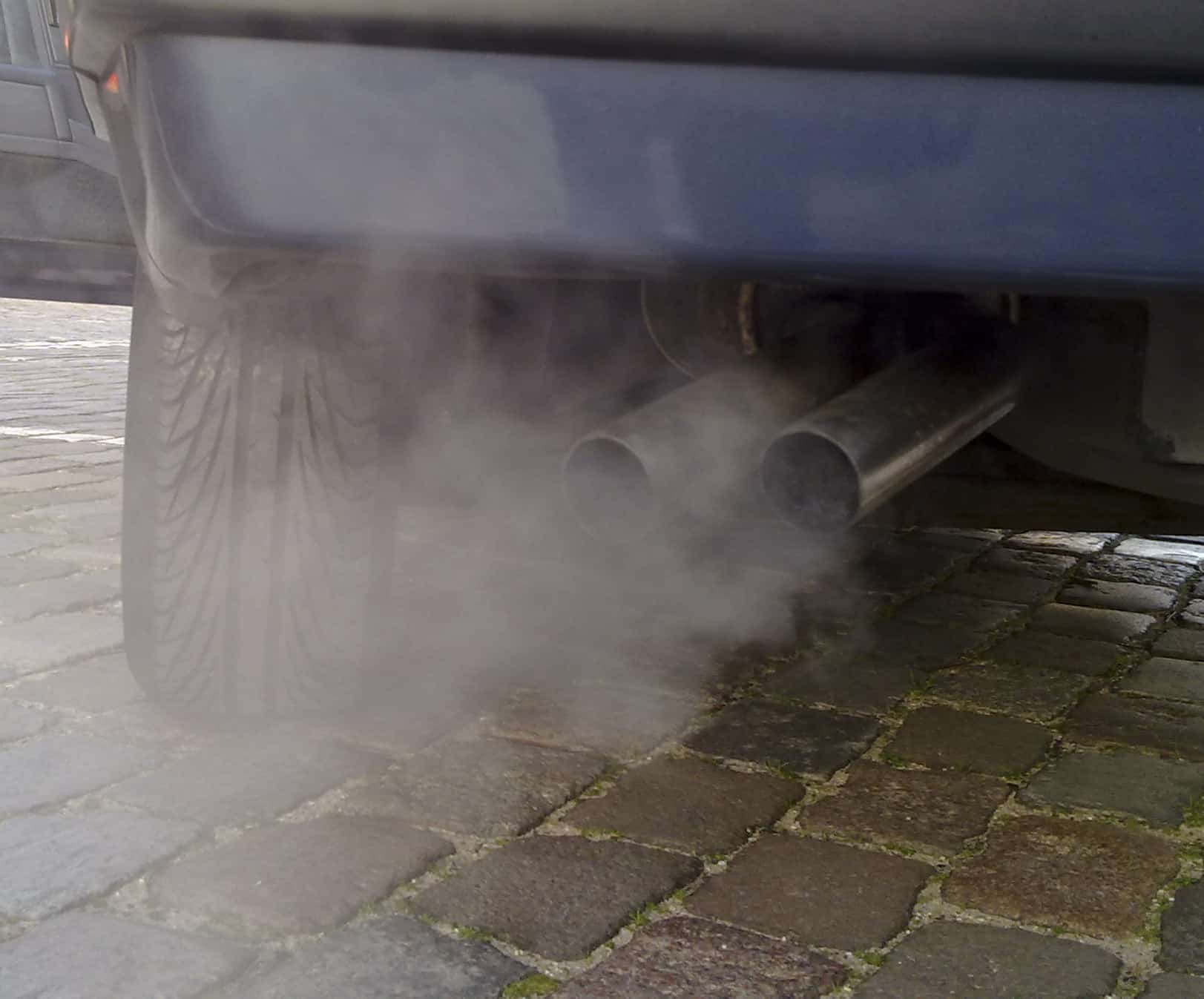Fact Check: are diesel cars really more polluting than petrol cars?
In an article originally published in The Conversation, Paul Niewenhuis Senior Lecturer and Co-Director of Cardiff University's Electric Vehicle Centre of Excellence (EVCE) looks at the environmental credentials of diesel cars.

Diesel cars have recently become subject to considerable negative publicity thanks to the amount of toxic emissions they produce. Some governments are planning to discourage their use or even ban them from urban areas altogether. Yet some diesel car owners have reacted angrily, arguing they bought the vehicles because they were supposedly the environmentally friendly option.
Sadiq Khan, Mayor of London
Diesel was promoted as a more environmentally friendly fuel as part of the EU’s response to the 1997 Kyoto Protocol to reduce greenhouse gas emissions, especially carbon dioxide (CO₂). Diesel engines are “lean-burn”, meaning they use less fuel and more air to get the same performance as a petrol engine.

So, while diesel fuel contains slightly more carbon (2.68kg CO₂/litre) than petrol (2.31kg CO₂/litre), overall CO₂ emissions of a diesel car tend to be lower. In use, on average, this equates to around 200g CO₂/km for petrol and 120g CO₂/km for diesel.
Register now to continue reading
Thanks for visiting The Engineer. You’ve now reached your monthly limit of premium content. Register for free to unlock unlimited access to all of our premium content, as well as the latest technology news, industry opinion and special reports.
Benefits of registering
-
In-depth insights and coverage of key emerging trends
-
Unrestricted access to special reports throughout the year
-
Daily technology news delivered straight to your inbox










UK not prepared for climate impacts, says CCC
Perhaps a Longtitude prize to solve railway line problems. "extreme heat causing further disruption through rail buckling and power line...